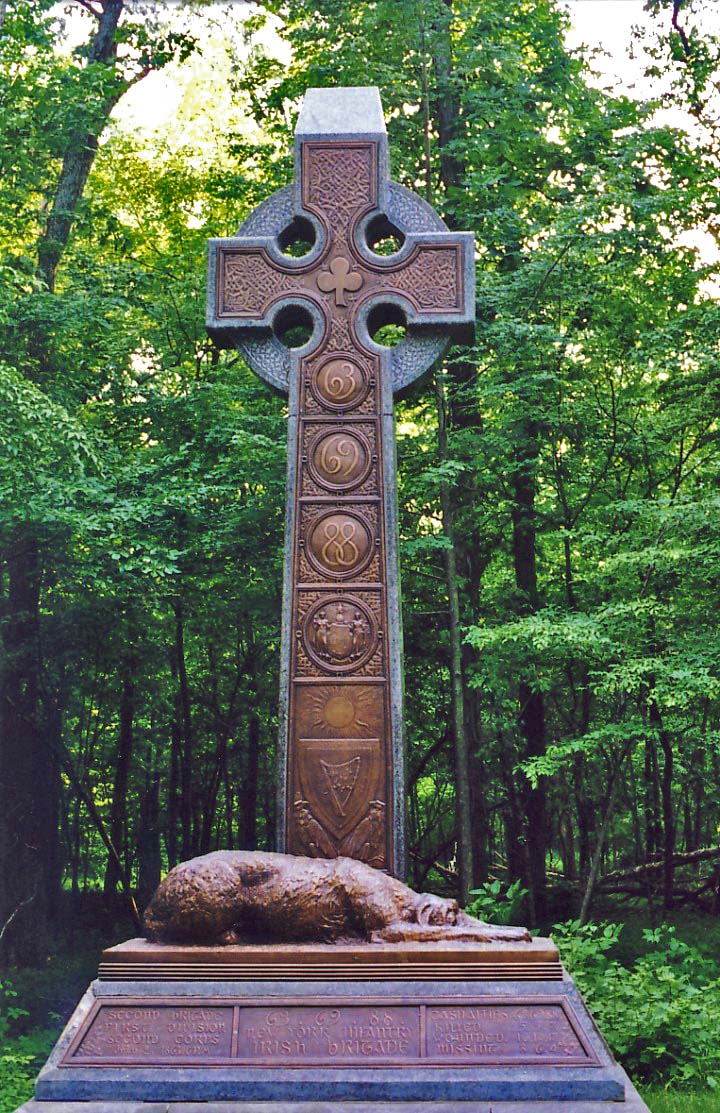
The beginning of John’s Gospel is of such importance and of such depth of meaning that we must study it almost verse by verse. It is John’s great thought that Jesus is none other than God’s creative and life-giving and light-giving word, that Jesus is the Power of God which created the world and the reason of God which sustains the world come to earth in human and bodily form.
John was the beloved Apostle and the only one who died a natural death. He was the last of the living apostles and wrote his gospel and his letters while in exile. But the thing about John that I find the most interesting is he was the one sitting next to Jesus at the last supper.
In the famous painting of the last supper, we see a figure leaning against Jesus with his head on his chest he ear pressed against him, that figure is John, and he is listening to the heartbeat of God! John writes his gospel from a very intimate position; he listened to God’s heartbeat. John’s gospel is a different gospel, and that is one of the reasons it stands alone.
Here at the beginning of his Gospel, John says three things about the word; which is to say that he says three things about Jesus.
The word was already there and at the very beginning of things. John is taking us back to the very first verse we read in Scripture, “In the beginning God created the heavens and the earth” (Genesis 1:1.) What John is saying is this – the word is not one of the created things; the word was there before creation. The word is not part of the world that came into being in time; the word is part of eternity and was there with God before time and the world began. John was thinking of what is known as the pre-existence of Christ.
This idea of a pre-existence of Christ can be tough to grasp. But it does mean one very simple, very practical, and a tremendous thing. If the word was with God before time began, if God’s word is part of the eternal scheme of things, it means that God was always like Jesus.
Sometimes we tend to think of God as stern and avenging, and we tend to think that something Jesus did changed God’s anger into love and altered his attitude towards humanity. The whole of the New Testament tell us, and in this passage from John especially that God has always been like Jesus. What Jesus did was to open a window in time that we might see the eternal and unchanging love of God.
God has not changed; it is humanities knowledge of God that has changed, and it was Jesus who gave us the ability to begin to change how we looked at and thought about God not only in our lives but the world. Humanity could only grasp and understand God’s nature and his ways in part. It was only when Jesus came that they saw fully and completely what God has always been like.
John goes on to say that the word was with God. What does John mean by this? What John is saying is that there has always been the closest connection between the word and God. Let’s put it in a simpler way – there has always been the most intimate relationship between Jesus and God. That means no one can tell us what God is like, what God’s will is for us, what God’s love and heart and mind are like except Jesus.
If we want to know what someone really thinks and feels about something or someone, we do not go to a person who is simply an acquaintance of them, to someone who has only known them for a short period; we go to someone that we know to be an intimate friend of them because we know that they will be able to interpret the mind and heart of the person for us.
John is saying something similar here about Jesus. He is saying that Jesus has always been with God. John is saying that Jesus is so intimate with God that God has no secrets from him; and that, therefore, Jesus is the one person in all the universe who can reveal to us what God is like and how God feels towards us.
Finally, and I have saved the most technical part for last, John says that the Word was God. It is difficult and technical because it involves a little Greek to understand fully what John is trying to say here. Greek, in which John wrote, had a different way of saying things from the way we use them in English. Hang with me now. When Greek uses a noun, it almost always uses the definite article with it. The Greek for God is Theos, and the definite article is ho. When Greek speaks about God it does not simply say Theos; it says ho Theos. Now when Greek does not use the definite article with the noun that noun becomes much more like an adjective. John did not say that the word was ho theos; that would have been to say that the word was identical with God. He said the word was theos which means that the word WAS, or we might say, of the very same character and quality and essence and being as God. When John says that the Word was God he was not saying that Jesus was identical to God; he was saying that Jesus was so perfectly the same as God in mind, in heart, in being that in him we perfectly see what God is like.
So at the beginning of his gospel John lays it down that in Jesus, and in him alone, there is entirely revealed to humanity all that God always was and always will be, and all that he feels and desires for humanity.
If you want to know God, we have to know Jesus, and we know Jesus by studying and following his word and example in our lives each and every day.
Let us pray:
O Word made Flesh, You have come into our midst as light and wisdom, desiring to be known to us in our lives and to be found in the world around us. Open our eyes and our ears and our hearts to recognize you where you dwell—in our midst—Challenging, heartening, lighting the way to truth, peace, justice.







